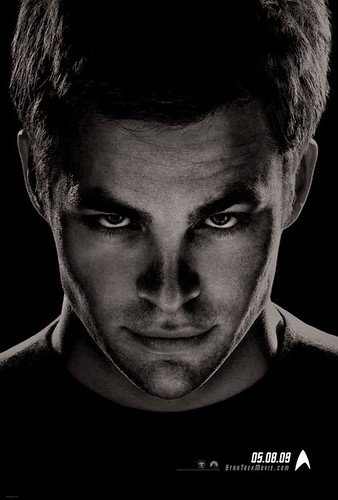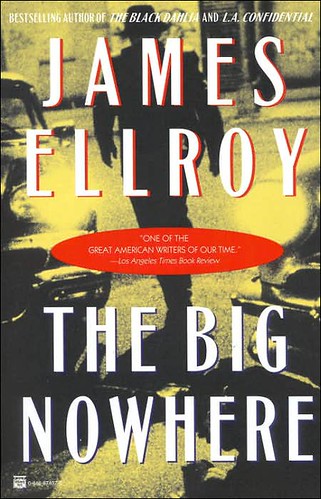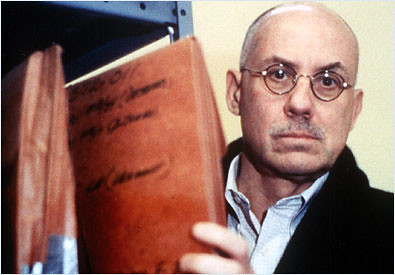
I’m going to try not to be biased here, but I’ve seen Jean-Claude Van Damme spin kick about 2,372 people, and I’ve loved every gravity defying second. Some people would call him a “career terrible movie maker”, but I say it all depends on what you’re looking for in a movie, and in most cases involving Van Damme, an action movie. There are several of his films that I can’t defend, not even with a flamethrower, but when it comes to the knockout punch, the run and gun, and the spin kick, Van Damme has delivered and entertained us immensely. I didn’t mind that I walked away from Kickboxer not discussing great acting. I didn’t mind that I didn't walk away from Double Impact talking about how interesting the structure was. I didn’t mind that Universal Soldier: The Return (in theatres...seriously) didn’t leave me dwelling on its skillful blend of comedy and drama. After all, these are things that we’ve accepted as irrelevant with Van Damme movies, right? Well, actually, Van Damme fan or not, you might be surprised to find that JCVD was good, and it will leave you talking about more than action.
In JCVD, Van Damme plays himself. In 1994, himself = an international action star, and master of doing the splits. In 2008, himself = a faded star all but forgotten to Hollywood, a man almost defeated by the financial and emotional struggles of a custody battle with his ex-wife. Van Damme retreats to Belgium, his country of birth, where he finds that he’s still the hottest thing since their waffles. While trying to complete a simple money transfer at the local post office, he inadvertently walks into a heist and finds himself the center of attention for the robbers, the police, and the entire country.
JCVD is not an action movie. In fact you’ll get most of the action during the first five minutes when Van Damme fights his way across a movie set in a great single-shot sequence. The lack of action may be strange for most that are familiar with Van Damme’s work, but it was exciting to see the action give way in order to allow the cellar kept children of Van Damme movies, drama and comedy, to emerge into the light.
The true reward in the humor of the film is for those at least somewhat familiar with Van Damme movies. It’s hard for me to put myself in my girlfriend’s shoes (America’s Next Top Model, 30 Rock, Snuggling), but for me, the references to Van Damme’s signature moves and movies were great. But for the first time with Van Damme, doing the splits and kicking a cigarette out of a bad guy’s mouth wasn’t being viewed as great action moments. Instead it was all being made fun of, and Van Damme finds himself as a character whose splits aren’t worth a dime in Hollywood, but in his home country, and in a time when they mean almost nothing to him, they mean a great deal to the surrounding characters. Van Damme plays off of the image of the Hollywood star against his harsher reality, and though it leads to laughs, it also leads to the dramatic core of the movie.
Director Marbrouk El Mechri gives the story an interesting non-linear structure that works well, but the biggest and most dramatic jolt doesn’t come from a jump in time, but a break in the fourth wall. It’s a strange moment where the film becomes a sort of confessional for our protagonist, and damn you if you don’t acknowledge that Van Damme delivers. In this scene it’s tough to say how much was the real Van Damme versus the actor. I imagine people will have mixed reviews on this moment because it is jarring, but it also feels honest, and as the fourth wall re-erects itself, movie fans and movie makers alike should have a new appreciation for what Van Damme can offer. I’d like to say that I’ve been telling people since Double Impact that there’s more depth to Van Damme the actor. Although, this can’t truly be an “I told you so” moment because Van Damme does have the luxury of performing in his native language, and if he bursts back onto the Hollywood scene as a leading man I don’t think we’ll be seeing much French. Speaking of French, I don’t know any and relied heavily on the subtitles that made up most of the movie. The choice of white subtitles was horrible and made certain scenes very difficult to read. That was probably my biggest gripe with the movie, and not so big at all.
I’ve never clapped at a Van Damme movie until JCVD and I wasn’t alone. Most of the theatre applauded. It’s possible that we are all just a bunch of nuts that were caught up in the moment and overreacted, but it’s unlikely. There’s something there in JCVD for most to appreciate. Van Damme has managed to turn some heads back in his direction with this one. I’m keeping my fingers crossed that he doesn’t spin kick us with a poor follow up.








